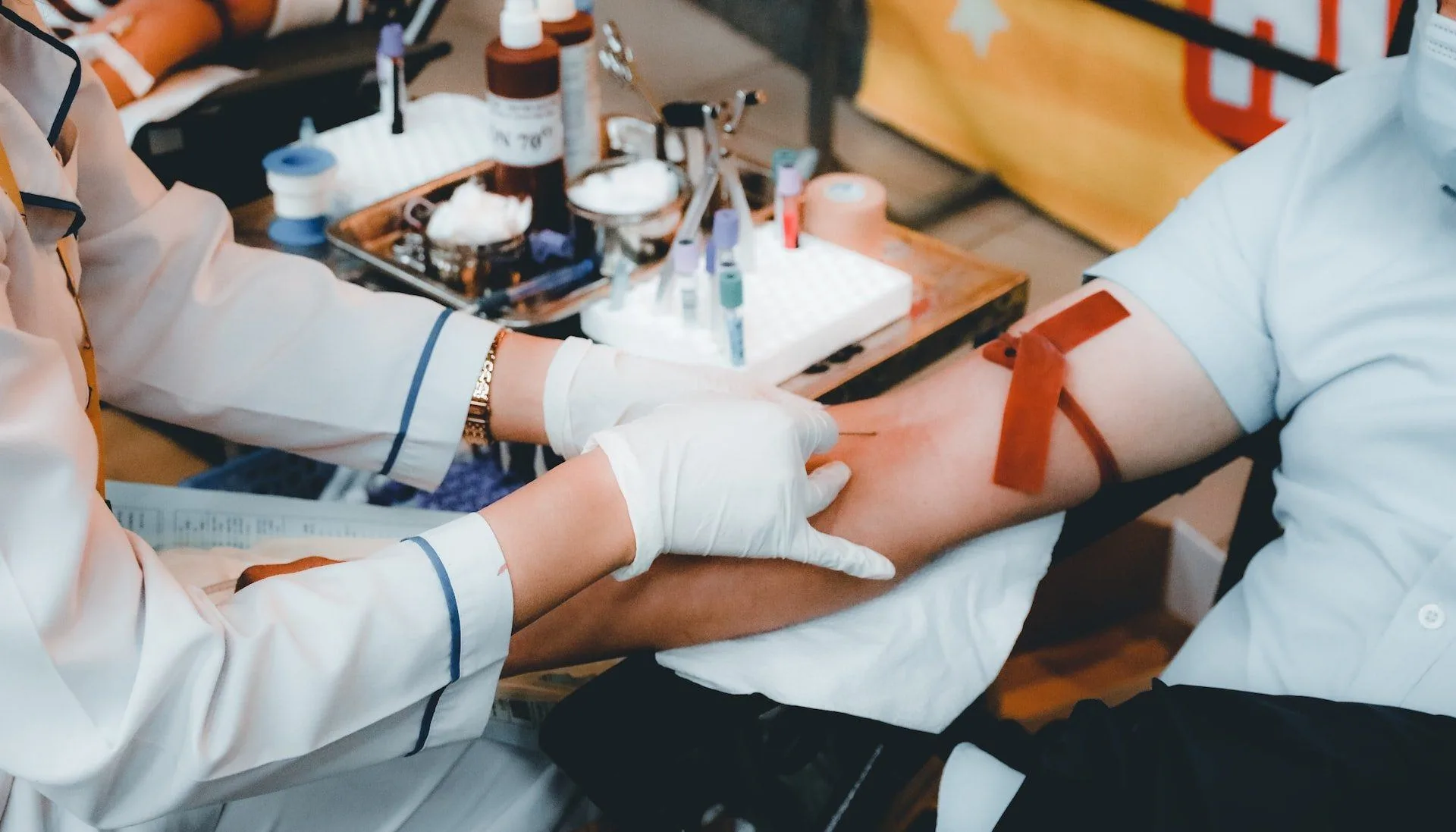Have you ever wondered how medical breakthroughs are made? Clinical trials are a vital part of the process. They enable researchers to test new treatments and therapies in a safe, controlled environment.
Participants in these clinical trials experience first-hand the transformative effects emerging technologies can have on individual lives. By understanding their results, we can strive to improve our quality of life while promoting public health. Read on to learn how clinical trials are paving the way to a healthier future. Longevity Live Paid Content.
The Clinical Trial Process
The clinical trial process is a well-structured and meticulously executed journey to test the safety and efficacy of investigation medicines.
Each trial is divided into three phases, with additional Phase IV studies to evaluate long-term effects.
In Phase I, a smaller group of participants is used to study the safety and tolerability of a new compound.
In the UK, recent London clinical trials have been at the forefront of longevity and healthy living discoveries. They provide ground-breaking insights into preventing diseases and perfecting physical health.
Phase II moves on to larger patient groups to evaluate safety and efficacy. Here, the investigation medicine is tested across various patient populations.
In Phase III, the drug’s safety and efficacy are confirmed by a larger patient population, and the drug can get FDA approval.
Finally, Phase IV analyses the long-term effects of the drug and detects less common adverse events. Each step in this process serves an essential purpose and brings us closer to safe, effective treatments.

Photo by National Cancer Institute on Unsplash
Breakthrough Treatments and Therapies
The world of medical science is constantly evolving, and thanks to clinical trials, there are now breakthrough treatments and therapies available that were once thought impossible.
Human liver is repaired using lab-grown cells
One such example is the recent demonstration of a new technique that repairs damaged human livers with mini bile ducts grown in a lab.
This is a major milestone in the medical field, providing hope for the increasing number of individuals needing donor’s livers.
By converting biliary cells from the gallbladder into bile duct cells, researchers could repair and replace damaged bile ducts in humans. This is paving the way for further cell-based therapy research.
It’s heartening to see such incredible advancements being made, and we can only expect other amazing discoveries to appear in the future.
The super effective single-dose breast cancer treatment
Breakthrough treatments and therapies are possible due to clinical trials.
One such treatment is the TARGIT-IORT, developed by researchers at University College London.
This single-dose breast cancer treatment takes 30 minutes and proves to be as effective as conventional treatment.
Gone are the days of long radiation therapy sessions, as this treatment involves placing a small ball with a single dose inside the breast.
It also has fewer radiation-related side effects, better cosmetic outcomes, and a reduction in deaths from other causes. Thanks to the NIHR’s Health Technology Assessment Programme and Cancer Research UK, this treatment could potentially change the way breast cancer is treated.
Participation in Clinical Trials
Benefits of participating in clinical trials
Participating in clinical trials can bring a world of benefits. Imagine being among the first to try out a new treatment for a disease, before it even becomes available to the public. By participating, you take a more active role in your own health care. You receive medical care and frequent health check-ups from researchers as part of your treatment.
Not only do you reap the rewards of this cutting-edge care, but you may also have the chance to help others.
With information about support groups and resources readily available, you can feel confident in your choice to participate and contribute to the advancement of medicine.
Risks of participating in clinical trials
Participation in clinical trials may seem like an opportunity to receive cutting-edge treatment, but it is not without risks.
Possible side effects can be serious and uncomfortable. Besides, there is no guarantee that the experimental treatment will work or be better than the standard treatment. Additionally, there is a chance that participants may not even receive the experimental treatment and instead be part of the control group. Inconveniences such as frequent medical appointments and travel to the study site may also be needed.
It is important to carefully consider the risks before deciding to take part in a clinical trial.
Recap
In conclusion, clinical trials are essential for finding new treatments. They test for safety and effectiveness. Participants help with medical advancements and get cutting-edge care.
Though there are risks, clinical trials build a healthier future. They unlock longevity secrets and improve our understanding of diseases.



![women [longevity live]](https://longevitylive.com/wp-content/uploads/2020/01/photo-of-women-walking-down-the-street-1116984-100x100.jpg)










